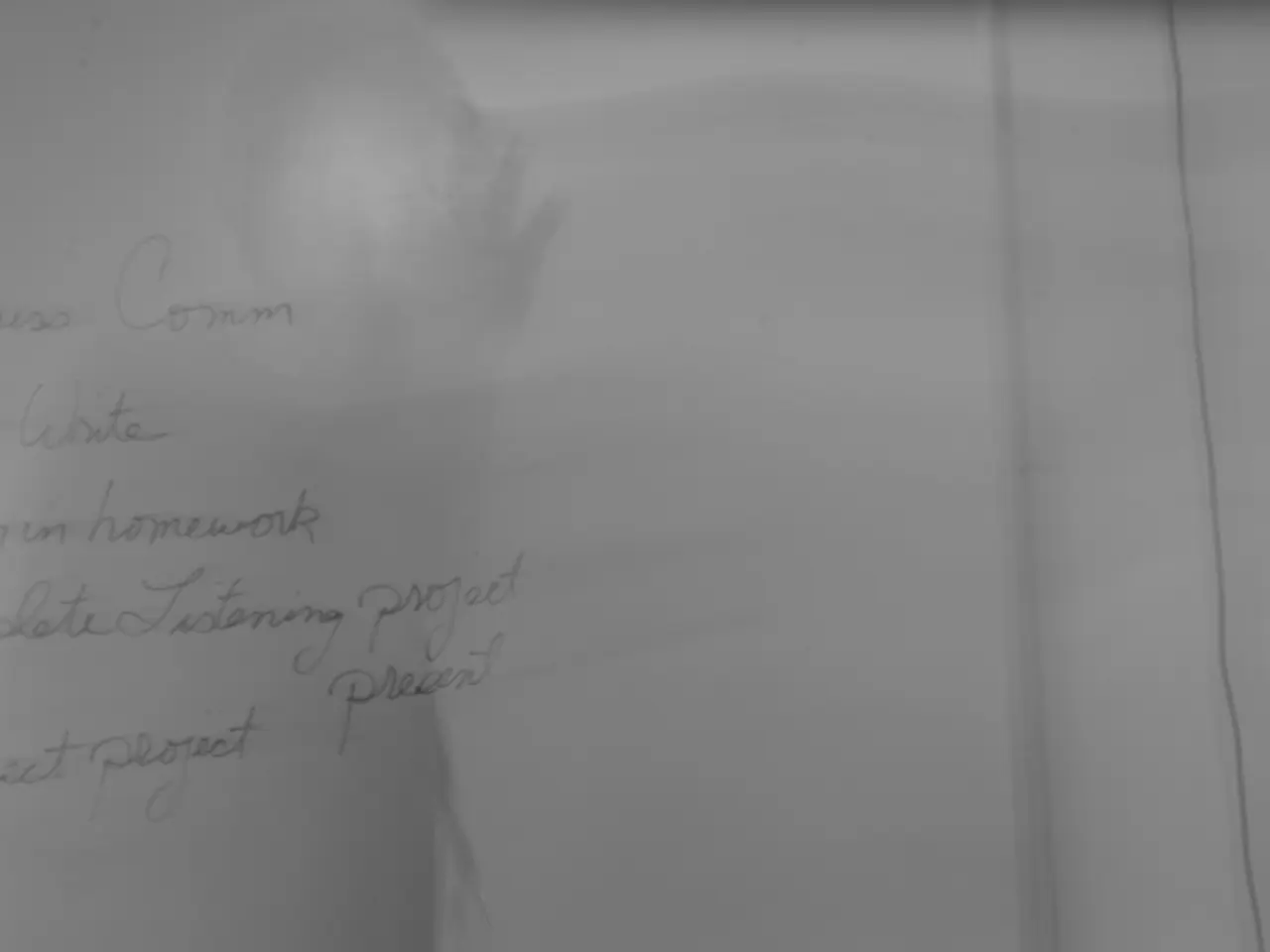EU Advocacy Organization, The Green Group, Allegedly Too Rigid in Protecting EU Interests
The Greens have made serious allegations against former Health Minister Jens Spahn, accusing him of mismanagement and deliberate obfuscation in the procurement of coronavirus masks during his tenure. The allegations are based on the now uncensored Sudhof report, a confidential investigative report commissioned to scrutinize the German government's handling of coronavirus mask procurement early in the pandemic.
The report, which was initially redacted, reveals that Spahn was personally involved in key procurement decisions and was warned about the risks but still proceeded. It is also alleged that his successor, Nina Warken, deliberately edited the report to conceal Spahn’s and other Union members’ responsibilities in what is described as the pandemic turning into a "state and taxpayer loot".
The Sudhof report shows that the logistics firm responsible for mask distribution was selected without a competitive tender process, was overwhelmed, and unable to manage the mask volumes. The government ended up with contracts worth €6.4 billion, far exceeding the planned €1.2 billion budget. Many mask deliveries were disputed over quality or timeliness, generating supplier lawsuits.
These revelations have led to growing political pressure on Spahn, who is now the CDU/CSU parliamentary group leader. The Greens have called for a thorough investigation into Spahn's handling of the corona mask procurement process, and the issue is expected to be addressed in the Bundestag's Budget Committee.
In response to the allegations, Spahn has dismissed them as "malicious insinuations" during an interview on ZDF. However, the Greens and others see the procurement process as rushed, poorly managed, and potentially riddled with conflicts of interest and a lack of transparency, bordering on corruption.
The key findings of the Sudhof report include:
- No competitive tender for the logistics firm responsible for mask distribution. - The firm was overwhelmed and unable to manage the mask volumes. - The government ended up with contracts worth €6.4 billion, far exceeding the planned €1.2 billion budget. - Many mask deliveries were disputed over quality or timeliness, generating supplier lawsuits. - Spahn was heavily involved despite warnings about the risks of the procurement approach. - Later, a surplus of 250 million masks remained, which Spahn sought to donate abroad.
As the situation unfolds, the public and political scrutiny of Spahn's role in the coronavirus mask procurement process continues to intensify, with calls for accountability growing louder.
[1] https://www.tagesanzeiger.ch/nachrichten/deutschland/corona-masken-skandal-jens-spahn-und-die-grunen-streiten-sich-aus-1052305 [2] https://www.sueddeutsche.de/politik/corona-masken-skandal-jens-spahn-verteidigt-sich-1.5743999 [3] https://www.tagesspiegel.de/politik/corona-masken-skandal-jens-spahn-verteidigt-sich-in-zdf-interview/27650692.html
- The growing political pressure on Spahn, following the allegations of mismanagement and concealment in the coronavirus mask procurement process, has prompted the Greens to call for a detailed investigation and a thorough discussion in the Budget Committee of the Bundestag, under the scrutiny of policy-and-legislation and general-news.
- As the Sudhof report sheds light on potential conflicts of interest, a lack of transparency, and questionable procurement decisions, the public and political scrutiny of Spahn's role in the coronavirus mask procurement process continues to intensify, with the issue becoming a significant topic in the realm of politics, now open for public debate.








